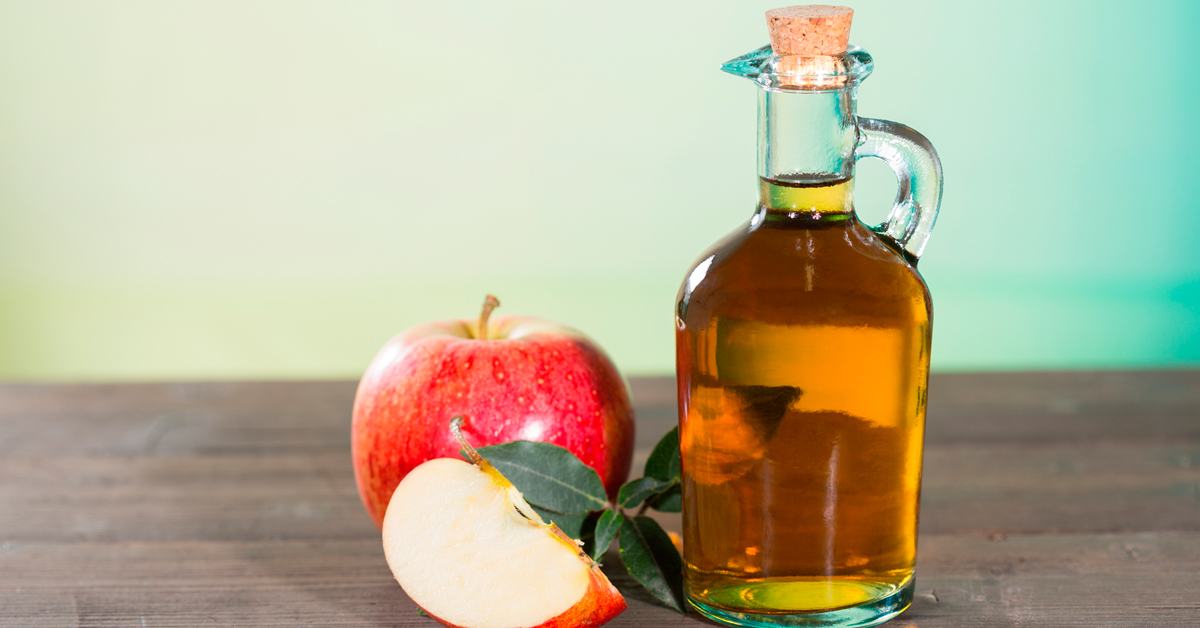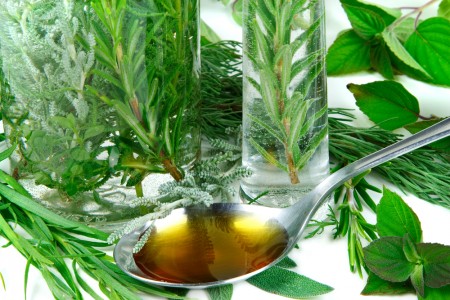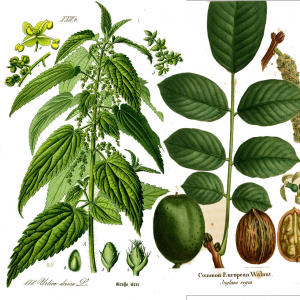
For centuries, vinegar has been used for various household and cooking purposes. It is also an ancient folk remedy, claimed to help with all sorts of health problems. The most popular vinegar in the natural health community is Apple Cider Vinegar. It is claimed to lead to all sorts of benefits, some of which are supported by science. This includes weight loss, lower blood sugar levels and improved symptoms of diabetes. Here are 6 health benefits of apple cider vinegar, that are supported by scientific research. 1. High in acetic acid, which has potent biological effects Vinegar is made in a two-step process, related to how alcohol is made (1). The first step exposes crushed apples (or apple cider) to yeast, which ferment the sugars […] Read More




